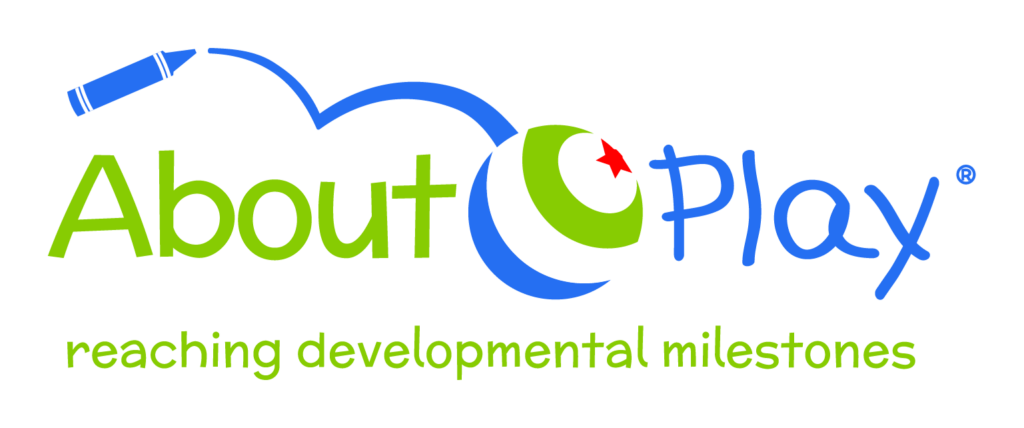Blog

When Should You Worry That Your Child is Not Talking?
Children develop at their own unique pace, so while some children are early talkers, others start talking a little later on. Usually, your child’s pediatrician will monitor which speech and language milestones your child has met in order to determine if they’re on a relatively normal schedule. But if they don’t, or if you see something they don’t see, it can be scary to think something may be wrong.
Knowing what’s normal and what’s not in your child’s development can help you determine if there’s a cause for concern. Here are some guidelines for when you should worry that your child isn’t talking, what may cause a speech delay, and how you can help your child.
What Are the Signs of a Speech or Language Delay?
While identifying a speech or language delay, it’s important to look at both verbal and nonverbal communication. At certain ages, there are some specific speech or language development milestones they should be achieving. Here are some examples of what to look for:
- 12 months – Your child uses gestures like pointing or waving.
- 18 months – Your child is starting to prefer vocalizing to communicate over gestures. They’re getting good at imitating sounds and understand a few simple verbal requests.
- 2 years – Your child is producing words or phrases, uses a range of sounds and noises in varied ways, and follows simple directions.
Another good baseline to be aware of is that when your child is developing at a normal rate, you should be able to understand about 50% of their speech when they are 2 years old. This percentage rises to 75% when they are 3, and by age 4, you should be able to understand everything they say.
If your child is at any of these age milestones but doesn’t seem to have these capabilities yet, it might be a good idea to talk to a professional. Of course, these are just general guidelines, and your child should be evaluated by a professional to understand if there is truly a cause for concern and what to do about it.
Speech and language delays can be caused by a number of factors, both physical and mental. Here are a few common causes:
- Oral impairment, like tongue or palate problems.
- Oral-motor problems, which are problems in areas of the brain responsible for lip, tongue, and jaw coordination.
- Hearing problems, which can make it difficult to understand, imitate, and use language.
- Certain diagnosable conditions like autism spectrum disorder or cerebral palsy.
How Can You Help?
If you suspect your child has a speech or language delay, you should take them to a trusted professional for an evaluation. In the meantime, there are some things you can do to make sure you’re doing everything you can to support your child’s speech development:
1. Communicate with Your Child Regularly
Talk to them, sing to them, and imitate their sounds and gestures as much as possible. Children can grow more comfortable and learn a lot by watching you.
2. Read to Your Child
Start reading to your child when they’re a baby. Choose age-appropriate books with pictures, and point to the objects on the page as you read about them.
3. Take Advantage of Everyday Situations
Talk to your child throughout the day, pointing out objects outside or around the house. Keep words and sentences simple, but avoid using baby talk.
4. Refer Your Child for Early Intervention Services
If your child has a developmental delay, early intervention can help them overcome challenges and grow. Through early intervention, an early intervention specialist will make routine visits to your home and work with your child to develop the skills they need to succeed — all through active play. You or one of your child’s doctors, caregivers, or teachers can refer your child through BabyNet.
If you’re concerned that your child may be experiencing a developmental delay, the About Play team is here to help. We can come to your home and give your child an early intervention evaluation to discover how they’re doing, and how we can support their development with early intervention and active play. Contact us today to learn more.




